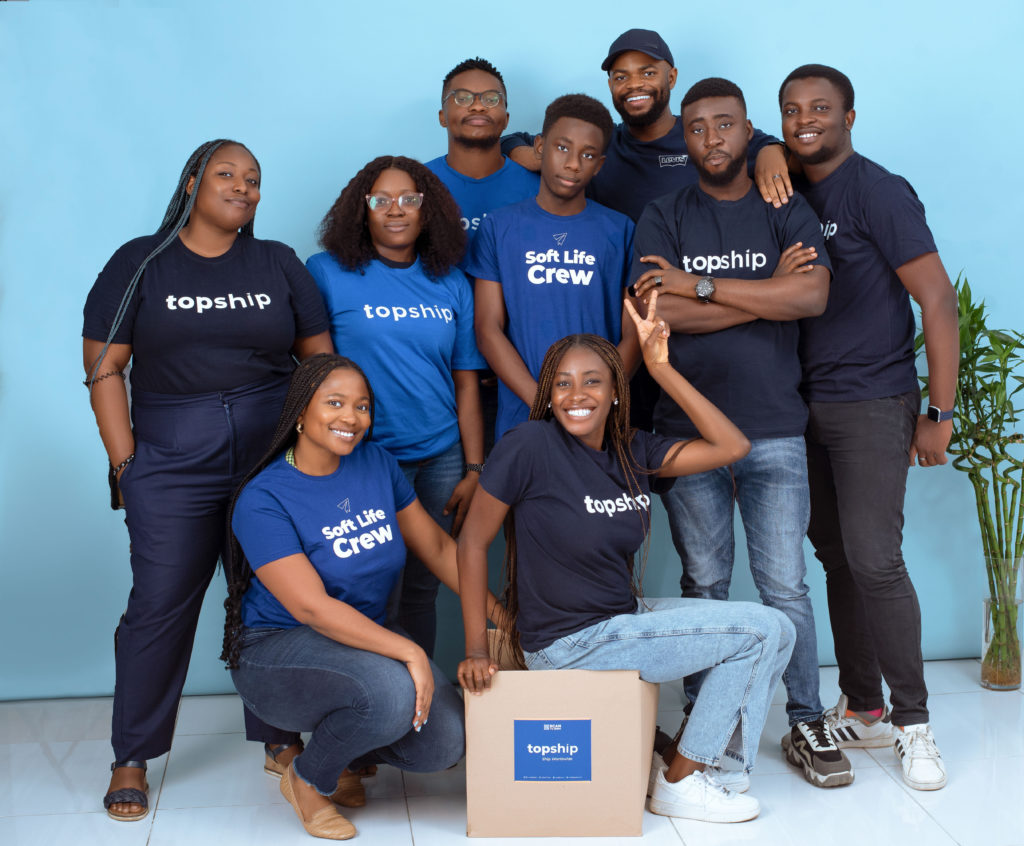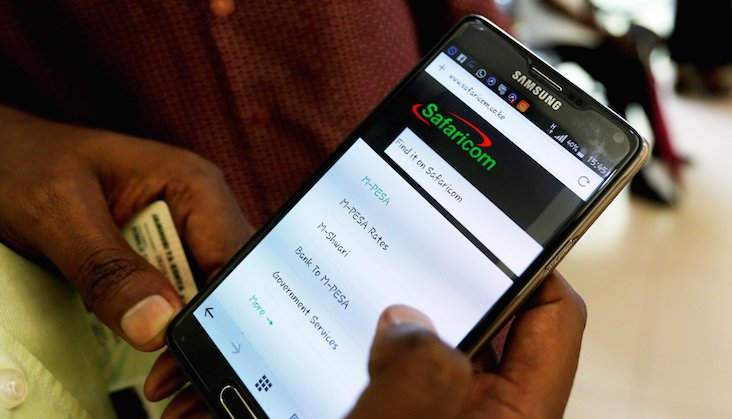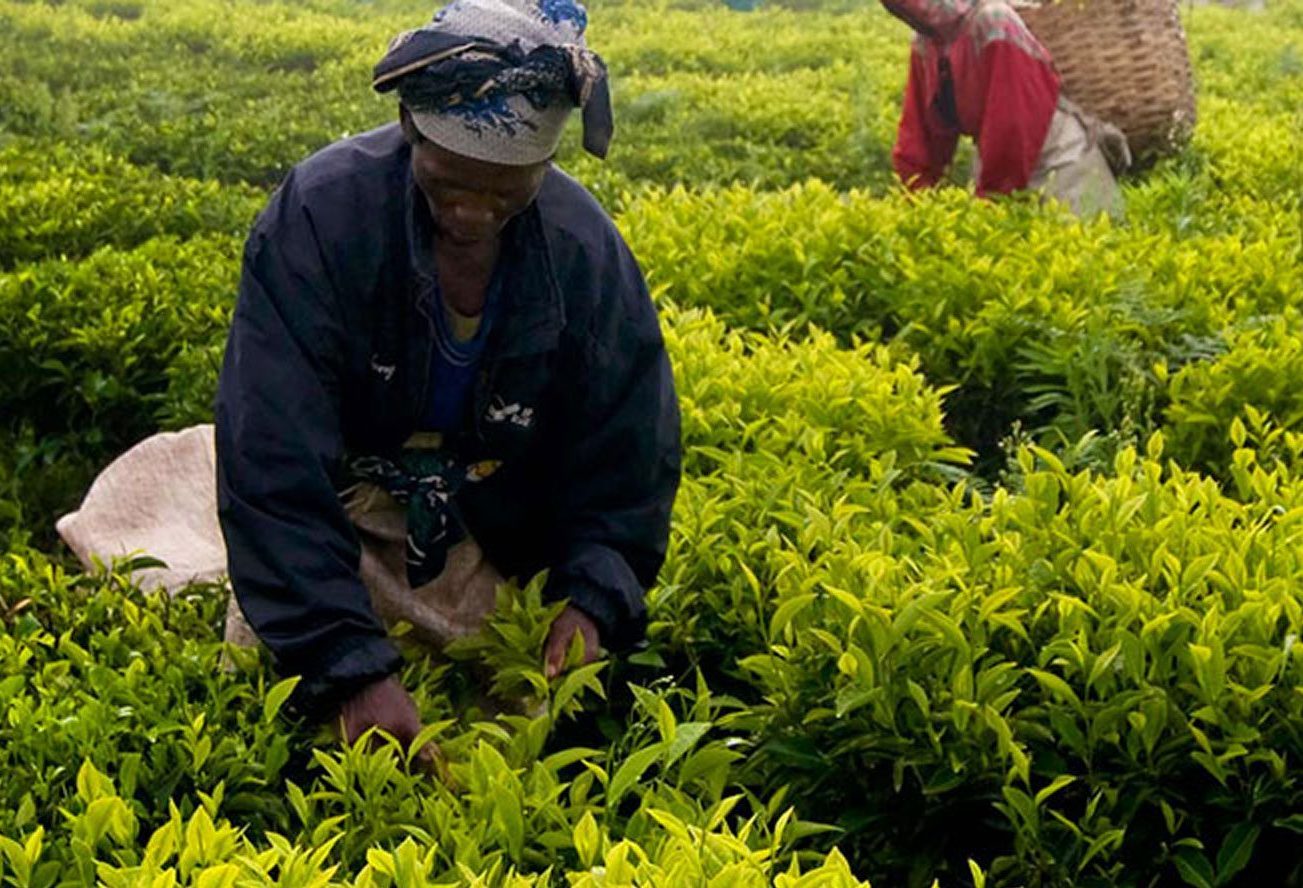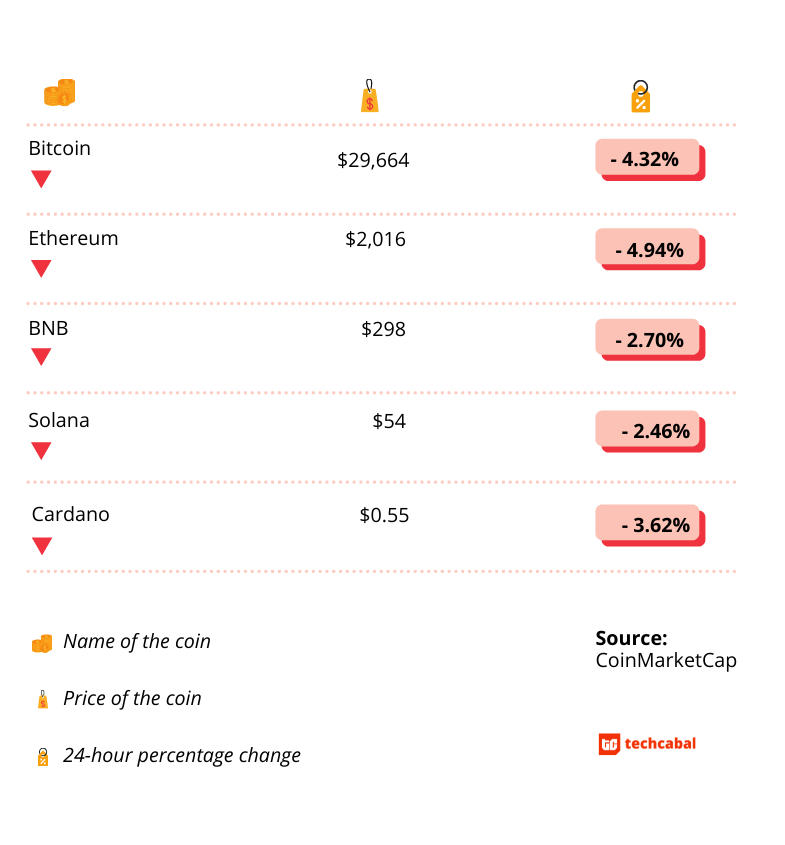
IN PARTNERSHIP WITH

Good morning 🌄
Google is taking down 900,000 apps from Play Store.
Last month, after a policy update, the company announced that any apps that hadn’t been updated within the last 2 years would be made invisible on Play Store. This is to ensure that users are downloading apps that conform with continuous privacy updates.
According to CNET, there are over 869,000 apps on Play Store that have been dormant since 2020, and developers have till November 1, 2022, to update their apps or risk redundancy on the Play Store.
On Apple’s App Store, similar changes were also announced in April when Apple announced that dormant apps—about 650,000 of them—would be removed if developers did not update them within 30 days.
In today’s edition
- Topship raises $2.5 million
- Twiga’s $10 million farm
- Safaricom is set to launch commercial operations in Ethiopia
- Opportunities
TOPSHIP RAISES $2.5 MILLION

Topship, a Lagos-based logistics startup helping African businesses export and import goods worldwide, have closed a $2.5 million seed round to improve its technology and fuel growth.
The round was led by Y Combinator, Flexport (the world’s leading digital freight forwarding company), Soma Capital, Starling Ventures, Olive Tree Capital, True Capital, Capital X, and many angel investors, including Mercury’s founder and CEO Immad Akhund and Dropbox’s co-founder Arash Ferdowsi.
This new investment brings Topship’s total funding raised till date to $2.8 million, having raised $300, 000 pre-seed in March last year
Founded in 2020 by Moses Enenwali, Topship started out as an Instagram service helping people ship to and from Africa. By March 2021, Enenwali had gained enough traction to build Topship into a software that handles the end-to-end process. The platform now has a web app that allows merchants and individuals to book a door-to-door shipment. It has also extended its shipping offerings from only parcels to include cargos and freight to and from anywhere in the world.
Since launching, the company has reportedly onboarded over 1,800 users, and 700 of them are active businesses that have been vetted and verified. In the past quarter, it has also served 1,000+ merchants, primarily made up of small and medium businesses (SMBs) and recorded 50% month-on-month revenue growth.
With this seed capital, the company intends to grow fast and “remain asset-light.”
“Our mission to make the shipping experience in Africa as easy and stress-free as booking an Uber ride has brought us significant growth and valuable first-hand lessons that we could have never learned by being on the sidelines,” the company said.
Don’t just send money, send money fast. Send and receive money directly to mobile wallets, bank accounts, Barter or through cash pickup with $end.
Visit send.flutterwave.com and do it now!
This is partner content.
TWIGA’S $10 MILLION FARM

Twiga Foods, a Kenyan B2B E-Commerce startup, has launched Twiga Fresh, a subsidiary that will farm and distribute local horticultural staples like onions and tomatoes to traders.
Twiga Fresh will be initially financed with $10 million through debt backed by Development Financial Institutions.
A little backstory
In 2020, agriculture reportedly added 22 billion dollars to the Kenyan economy. Agriculture accounts for 65 per cent of the export earnings and provides the livelihood for more than 80 per cent of the Kenyan population.
However, farmers face a variety of problems which affect their productivity and consequently, the quality of food produce and their pricing. Some of those problems include lack of access to infrastructure like good roads, and lack of adequate financing for domestic farmers, disconnection of farmers from the market (that is people who need fresh produce).
Twiga Food is offering solutions to some of those problems through its B2B supply chain which links farmers to new and larger markets. This formalizes the domestic food market using technology and consequently increases productivity and reduces the cost of food.
Why Twiga Food wants its own farm
Twiga reportedly had to deal with traceability challenges, stock-outs and price volatility, which affected the affordability and security of its offerings. Twiga Fresh was introduced so it can grow some of its own produce and consequently solve those problems.
What about its partner farmers?
Asserting that it is one of the largest commercial fresh produce firms targeting the home markets in East Africa, Twiga Food affirmed that Twiga Fresh will affect only a few farmers. It will continue sourcing some produce from more established and efficient value chains like bananas, from partner farmers, to serve the 45,000 traders it supplies every month.
Twiga plans to start operations in Uganda and Tanzania and is also considering the Central and West African market. In addition to its widening range of private label products, this new subsidiary might drive Twiga Food’s customer growth and broaden its basket size.
SAFARICOM TO LAUNCH COMMERCIAL OPERATIONS IN ETHIOPIA

Safaricom, the largest telecommunications provider in Kenya, is set to launch commercial operations in Ethiopia later this year. This announcement was made by Safaricom CEO Peter Ndegwa while sharing the telco’s financial statement for the year ended March 31, 2022, last week.
“We have made our first test call, sent [the] first test SMS and completed [the] first test data session,” Ndegwa said on Twitter. “We have a strong team of 300 employees with half of them being Ethiopians.”
Safaricom increased its service revenue by 12.3% to KES 281.11 billion ($2.42 billion) and profit by 13.5% to KES 109.13 billion ($940 million), according to its latest financial report. Voice service revenue grew by 0.8% to KES 83.21 billion ($720 million); mobile data revenue grew by 8.1% to KES 48.44 billion ($420 million), while M-PESA revenue grew by 30.3% to KES 107.69 billion ($930,000).
Safaricom Ethiopia plans to bring mobile financial services to Ethiopia. However, this is subject to the licensing and regulatory process by the Government of Ethiopia.
Last year, Safaricom joined efforts with Vodafone, Vodacom, Japan’s Sumitomo Corp, and UK’s CDC Group to secure the licence to operate in Ethiopia at a cost of $850 million, a landmark win as the second most populous African country opened up its telecom sector to competition.
This led Safaricom to set up shop in Ethiopia earlier this year, but while the licence allowed the company to compete against state monopoly Ethio Telecom, it couldn’t offer M-PESA services (its mobile financial service) due to legal limitations.
In April, Ethiopia started changing its national payments law to enable Safaricom to introduce M-PESA in the country.
According to Business Daily Africa, the National Bank of Ethiopia (NBE) drafted a new bill which included a clause that “Foreign nationals may be allowed to invest in a payment instrument issuer or a payment system operator business, or establish a subsidiary which shall be licensed as a payment instrument issuer or payment system operator.”
Zoom out: When the new bill is signed into law, Safaricom will be able to compete with Telebirr, a mobile service which state-owned telecoms Ethio Telecom launched last year. Telebirr already has a head start, attracting 4 million users within its first month but this isn’t surprising as Ethio Telecom has over 58 million subscribers, the highest number of subscribers by an African operator in a country.
Payment collection just got easier on Fincra!
Receive payments from your customers via debit/credit cards or bank transfers and settle these payments to your Fincra wallet or your bank account.
Create an account in less than 2 mins and Try the Fincra checkout here.
This is partner content.
OPPORTUNITIES
- The Seedstars Migration Entrepreneurship Prize 2022 is now open to Applications. Twenty startups from the Middle East and Africa (MEA) region harnessing the positive benefits of migration will get to join the Seedstars Investment Readiness Programme, join the Online Seedstars World Competition activities, and access increased visibility. Move it!
- The Last Mile Money Startup Accelerator is now open to ventures working at the intersection of last-mile users and financial empowerment. Selected startups will receive design support, access to Last Mile Money’s network, and up to $50,000 in equity-free grants. Apply here.
- Applications are now open for the 2022 Africa’s Business Heroes Prize Competition. Ten outstanding entrepreneurs across the continent will get to share a myriad of prizes including access to a community of international leaders and a $1.5 million grant. Co-founders of African origin can apply or be nominated for the prize here.
What else we’re reading
- Government-directed internet shutdowns in Africa threaten digital penetration and inclusive growth.
- Next Wave: Should Africa be worried about Chinese tech dominance?
- What happens after you sign an online petition? Do they work?
- Credo is hosting Africa’s First social payment hackathon.
- The #NairaLife of an entrepreneur who turned ₦50,000 ($120) to ₦2 million ($4,770) within 2 years.
- Google and Samsung join forces to make it easier to sync fitness data between apps.






























